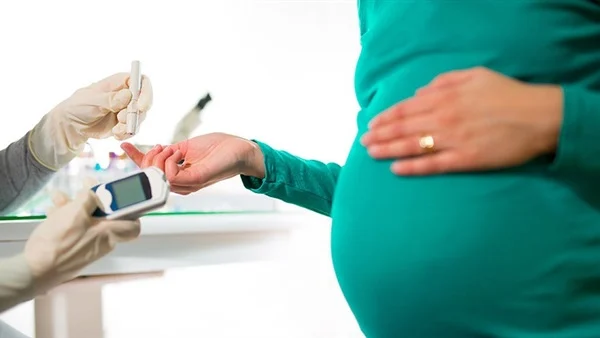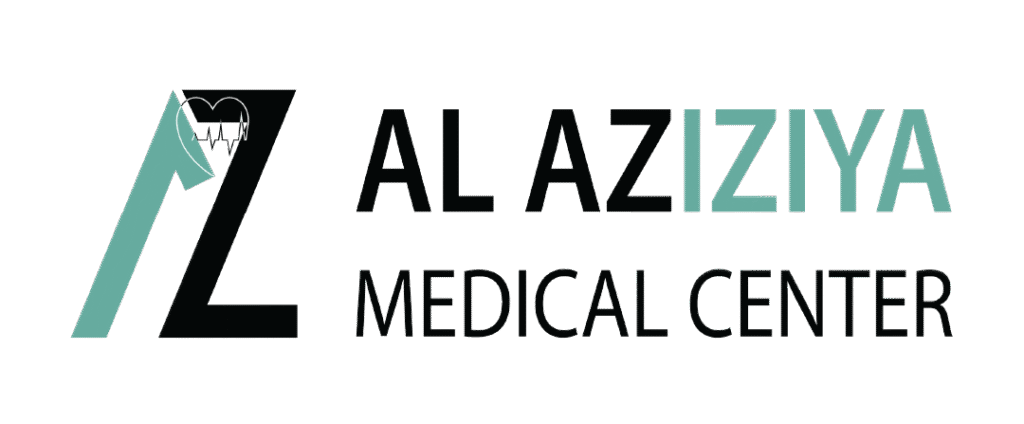
Gestational Diabetes: A Complete Guide for a Safe Pregnancy
What Is Gestational Diabetes?
Gestational diabetes is a type of diabetes that appears for the first time during pregnancy. It usually develops in the second or third trimester when your body cannot make enough insulin to control your blood sugar levels.
The good news is that in most cases, gestational diabetes goes away after the baby is born. But it’s important to monitor and manage it well to protect both you and your baby’s health.
Why Does Gestational Diabetes Happen?
During pregnancy, the placenta makes hormones that help the baby grow. These hormones can also block the effect of insulin, a hormone that controls blood sugar. This is called insulin resistance. Your body then needs to make more insulin to keep your blood sugar normal. If it can’t make enough, your blood sugar levels rise, leading to gestational diabetes.
Who Is at Higher Risk?
Any pregnant woman can develop gestational diabetes, but some are more likely to have it, including those who:
- Were overweight before pregnancy
- Have a family history of diabetes
- Had gestational diabetes in a previous pregnancy
- Are over 35 years old
- Gave birth before to a baby weighing more than 4 kg
- Have polycystic ovary syndrome (PCOS)
If you have any of these risk factors, regular checkups and early testing are especially important.
What Are the Symptoms?
Many women with gestational diabetes have no clear symptoms. That’s why it is often found through routine blood sugar tests during pregnancy. In some cases, women may experience:
- Feeling very thirsty
- Needing to urinate more often
- Feeling tired
- Blurry vision
These symptoms can also be part of normal pregnancy, so it’s important to rely on medical tests for a clear diagnosis.
How Is It Diagnosed?
Doctors usually test for gestational diabetes between week 24 and 28 of pregnancy. The test is called a glucose tolerance test. You will drink a sweet liquid, and your blood sugar will be checked after one hour. If the result is high, another test may be done to confirm the diagnosis.
At Al Aziziya Medical Center, we offer accurate lab tests and expert care to help you know your condition early and clearly.
Is Gestational Diabetes Dangerous?
If not treated, gestational diabetes can cause problems for both you and your baby, such as:
- Having a large baby, which can make delivery harder
- Needing a cesarean (C-section)
- Low blood sugar in the baby after birth
- Jaundice (yellowing of the skin) in the baby
- A higher chance for both mother and child to develop type 2 diabetes later
With the right care and follow-up, most of these risks can be avoided.
How Can It Be Managed?
Managing gestational diabetes does not always require medication. In many cases, you can control it with lifestyle changes. Here are some key steps:
1. Eat a Balanced Diet
Focus on:
- Whole grains (like brown bread and oats)
- Lean proteins (like chicken, eggs, beans)
- Vegetables and small portions of fruit
- Avoid sugary drinks and processed sweets
A nutritionist can help create a meal plan that fits your needs.
2. Stay Active
Light exercise, such as walking for 30 minutes a day, can help lower your blood sugar and keep you healthy.
3. Monitor Your Blood Sugar
Checking your blood sugar levels regularly helps you and your doctor see how well your plan is working.
4. Take Insulin If Needed
If diet and exercise are not enough, your doctor may prescribe insulin. It’s safe to use during pregnancy and helps protect your baby.
At Al Aziziya Medical Center, our doctors and nutrition experts will guide you step by step with a care plan that fits your lifestyle and supports your pregnancy journey.
Will It Affect My Delivery?
If your blood sugar is well controlled, you can often deliver naturally at full term. If the baby is very large or there are other risks, your doctor may suggest an early delivery or a C-section.
Our experienced team at Al Aziziya Medical Center will help you decide on the best birth plan for you and your baby.
What Happens After the Baby Is Born?
Most of the time, gestational diabetes goes away after birth. But you should test your blood sugar 6 to 12 weeks after delivery to make sure.
You should also have regular checkups every year, as women who had gestational diabetes are at higher risk of developing type 2 diabetes later in life.
Keeping healthy habits after pregnancy can protect you and your family for the long term.
What You Can Do Today
- Don’t panic. With the right care, you can manage gestational diabetes successfully.
- Keep all your doctor’s appointments.
- Follow your diet and activity plan.
- Ask questions and stay informed.
- Choose a medical center that supports you with full care.
That’s why we invite you to visit Al Aziziya Medical Center, where you’ll find a caring team of obstetricians, internal medicine specialists, and dietitians who will help you manage your pregnancy safely and confidently.
Final Thoughts
Gestational diabetes is not the end of the world. It’s just a signal from your body to slow down, eat better, and take care of yourself. With small changes and professional support, you can have a healthy pregnancy and a healthy baby.
Take control today—book your appointment at Al Aziziya Medical Center and let us walk with you through every step of your journey to motherhood.

